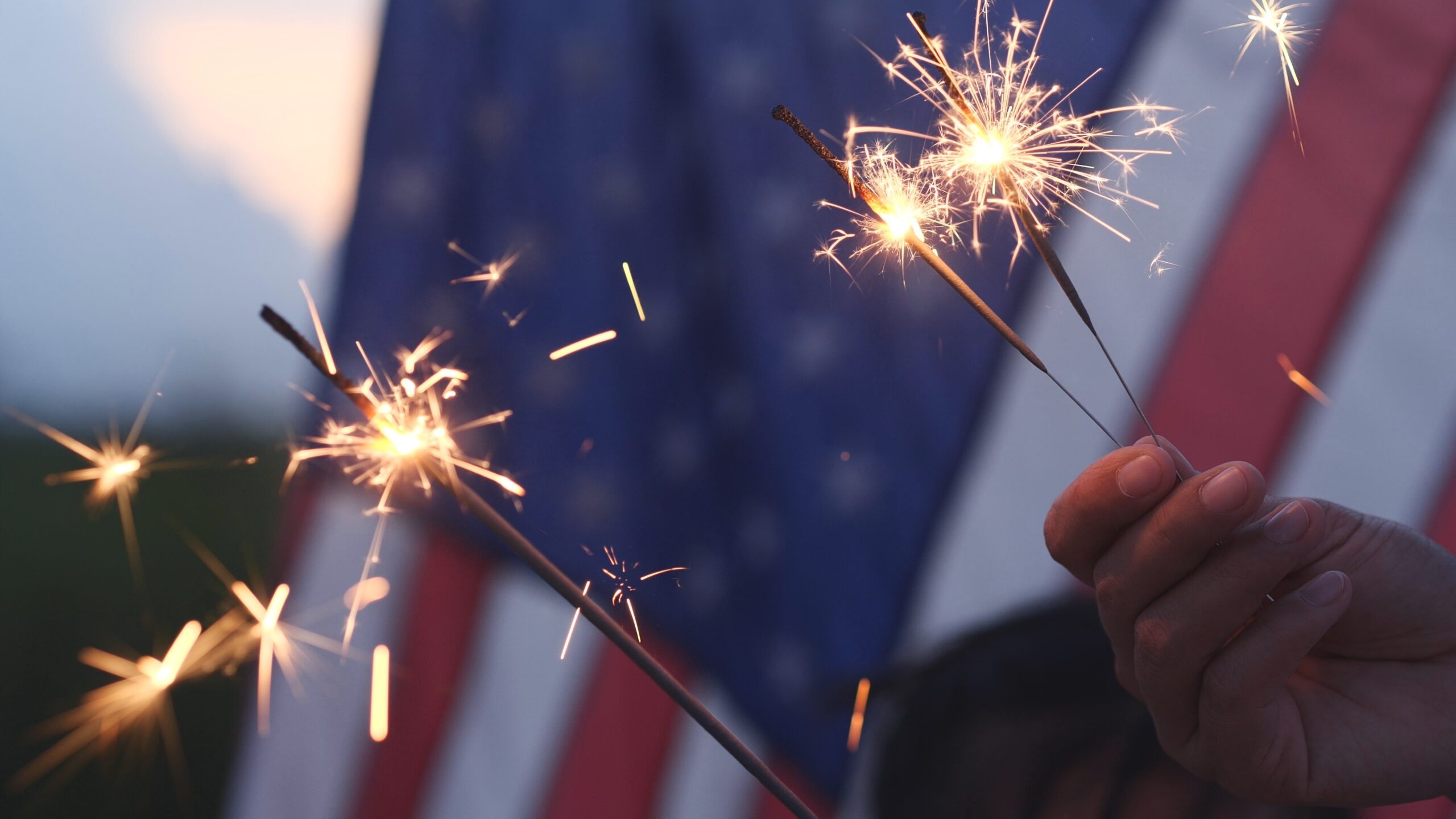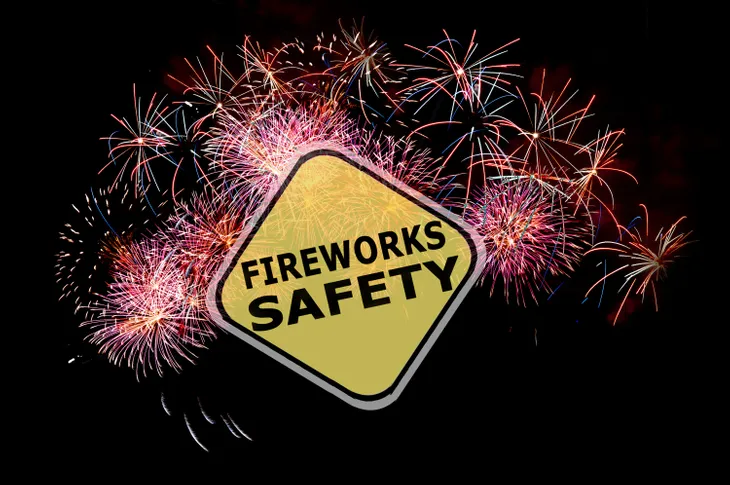No Canada Day or Fourth of July holiday is complete without a magical night of fireworks and sparklers. However, as shiny and harmless as firecrackers may seem—even the smallest poppers and bangers can cause serious injury…
Fireworks Injuries are Prevalent
2015 statistics from the Fireworks Safety Survey, as commissioned by the American Academy of Ophthalmologists, claim that this year alone approximately 1 in 10 people have already incurred an injury due to a firework, sparkler, or popper.
However, shockingly, 54-percent of those surveyed by Harris Poll in 2015, claim that they believe it’s perfectly safe for children aged 5- to 10-years old to play with sparklers and fireworks.
Increased Fireworks Injuries During Holidays
Dr. Darria Long Gillespie, an Emergency Medical Physician and assistant professor at Emory University School of Medicine, claims that there is an increase in sparkler- and firework-connected injuries every year around the holidays.
According to researchers, the heightened risk of injuries is partially to blame on the increased purchasing of fireworks and sparklers around the Fourth of July holiday, as well as the fact that children have greater access and adults have greater instance of handling fireworks while slightly intoxicated.
Dangers of Fireworks
Research commissioned by the American Academy of Ophthalmologists (AAO) illuminates us to the specific dangers of fireworks, of which can heat up to intensely to around 2,000-degrees Fahrenheit.
Sadly, the AAO indicates that child injuries make up approximately 40-percent of fireworks-related incidents from a variety of dangers—including burns from rogue sparks, eye damage, and burns from handling lit sticks.
Dangers of Sparklers
The AAO indicates that sparklers are the leading culprit of firework-related injuries—and again, almost half of those hurt are children.
Unfortunately, the children hurt aren’t always handling the sparklers—many are simply innocent bystanders watching other children play with lit sparklers. This shows how easily a burn or spark can injure a child when sparklers are not lit and enjoyed at a safe distance from others.
Mixing Alcohol and Fireworks
While children can jump up and down and cause a burn to themselves or others with fireworks and sparklers—it’s adults who are most often guilty of handling fireworks while intoxicated.
According to the American College of Emergency Physicians (ACEP), fireworks can get easily tangled in loose clothing, or cause injury if an adult meddles with a firework that didn’t light the first time. If supervising a fireworks display, it’s always important to light explosives far away from structures, crowds, grass, or brush in case of sparks.
Fireworks Handling Precautions
Fireworks are meant to be enjoyed by friends and families on Canada Day and Fourth of July. However, be sure to read up on the legalities of fireworks in your state and province before buying and using. The ACEP reminds of us to be vigilant of these precautions…
- Always buy fireworks and sparklers from a reputable source
- Always appoint a experienced fireworks supervisor
- Refrain from mixing alcohol and explosives
- Read and follow explosives instructions (i.e., light one at a time)
- Keep a water bucket, sand bucket, and fire extinguisher close by
- Don’t let children handle fireworks
- Light explosives in a clear, open area away from grass, brush, and structures
- Always stand back a safe distance after lighting an explosive
- Never aim fireworks or sparklers at another individual
- Don’t attempt to relight dud fireworks
- Be sure to dispose of all explosive casings safely and according to state laws








